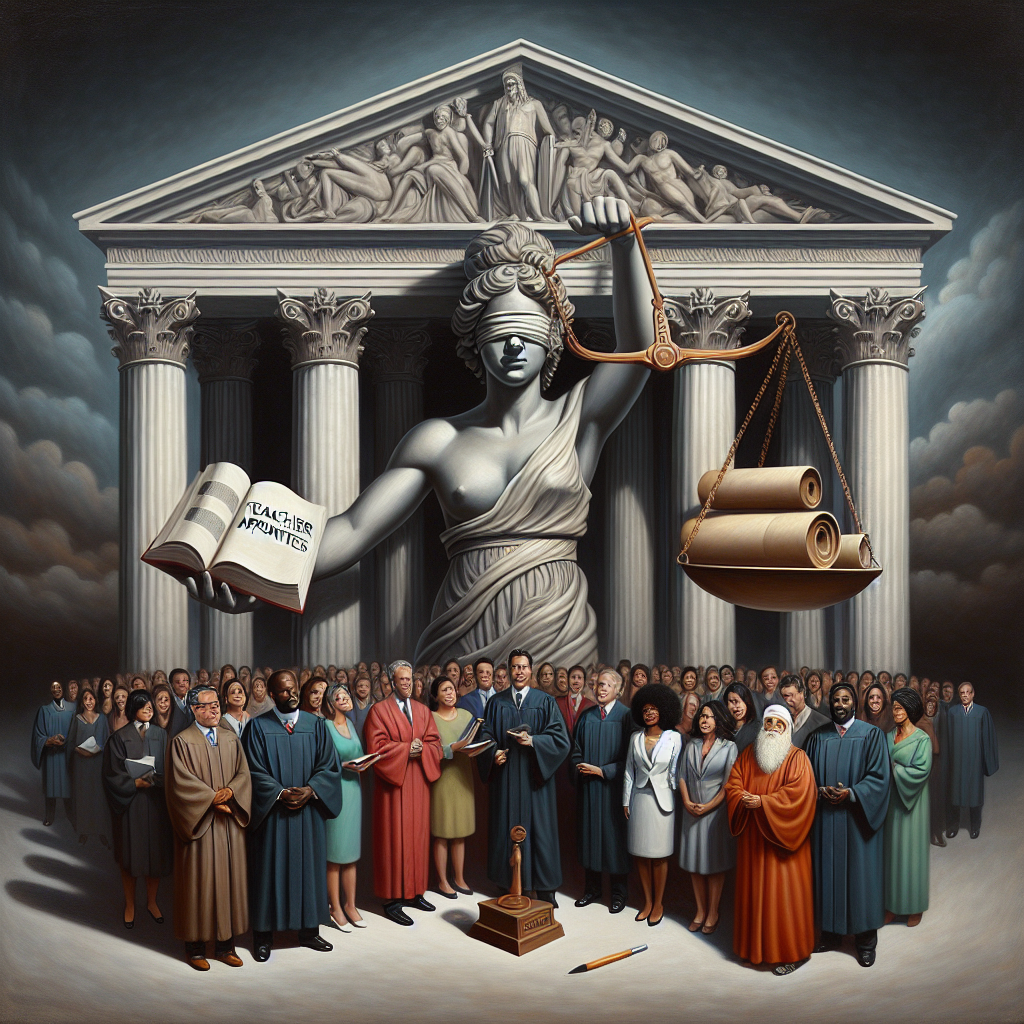Supreme Court Clamps Down on Concealment in Bail Pleas
The Supreme Court highlights a growing trend where individuals seeking bail or protective action are concealing their criminal history. Justices on the bench emphasize mandatory disclosure of criminal records in petitions to prevent misleading proceedings. The court warns against continuance of such practices, insisting on fair trial processes.

- Country:
- India
The Supreme Court has expressed concern over an increasing trend of individuals concealing their criminal history while seeking bail or protection from coercive action. This concealment is often discovered only after the state files counter affidavits, revealing the true criminal antecedents of the accused.
A bench of Justices Dipankar Datta and Manmohan has mandated that individuals submitting special leave petitions must disclose their involvement in other criminal cases. Concealing such information can lead to dismissal of the petition and undermine the legal process.
The court has called for changes to rules ensuring comprehensive disclosure, thus safeguarding the integrity of judicial proceedings. The emphasis is on transparency to avoid misuse of judicial leniency and ensure justice is served without prejudice.
(With inputs from agencies.)
ALSO READ
Sebi Mandates Green Credit Program Disclosure: Boosting Sustainability in Capital Markets
Supreme Court Examines Plea for Consolidation of Criminal Cases Against Jitendra Narayan Tyagi
Lalu-Rabri regime here and Sonia-Manmohan govt at Centre did nothing for Bihar, alleges Amit Shah in Gopalganj.
The Dr. Manmohan Singh Fellows: Empowering Mid-Career Professionals for Progressive Politics
Supreme Court Urges SEBI for Greater Transparency in Investment Fund Disclosures










